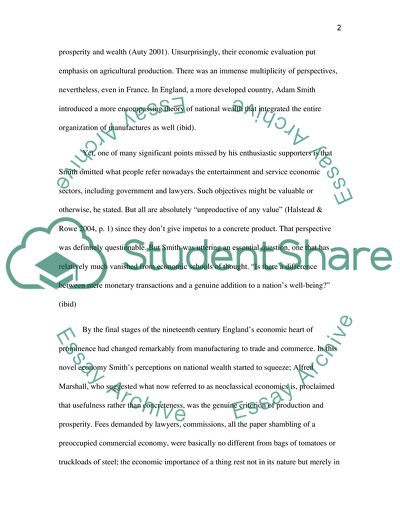Cite this document
(GDP: A Flawed Measurement of Economic Welfare Essay, n.d.)
GDP: A Flawed Measurement of Economic Welfare Essay. https://studentshare.org/macro-microeconomics/1718142-1since-country-a-has-a-higher-gdp-than-country-b-then-this-must-mean-the-residents-of-country-a-are-better-off-in-terms-of-economic-welfare-discuss
GDP: A Flawed Measurement of Economic Welfare Essay. https://studentshare.org/macro-microeconomics/1718142-1since-country-a-has-a-higher-gdp-than-country-b-then-this-must-mean-the-residents-of-country-a-are-better-off-in-terms-of-economic-welfare-discuss
(GDP: A Flawed Measurement of Economic Welfare Essay)
GDP: A Flawed Measurement of Economic Welfare Essay. https://studentshare.org/macro-microeconomics/1718142-1since-country-a-has-a-higher-gdp-than-country-b-then-this-must-mean-the-residents-of-country-a-are-better-off-in-terms-of-economic-welfare-discuss.
GDP: A Flawed Measurement of Economic Welfare Essay. https://studentshare.org/macro-microeconomics/1718142-1since-country-a-has-a-higher-gdp-than-country-b-then-this-must-mean-the-residents-of-country-a-are-better-off-in-terms-of-economic-welfare-discuss.
“GDP: A Flawed Measurement of Economic Welfare Essay”. https://studentshare.org/macro-microeconomics/1718142-1since-country-a-has-a-higher-gdp-than-country-b-then-this-must-mean-the-residents-of-country-a-are-better-off-in-terms-of-economic-welfare-discuss.


